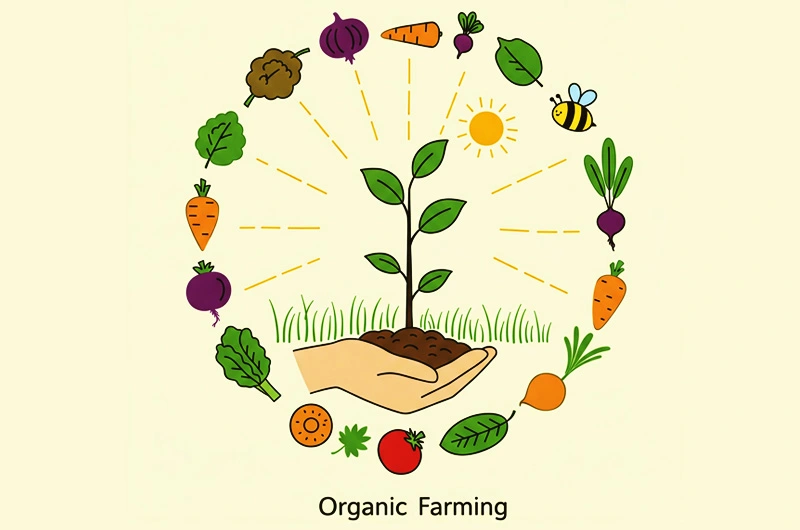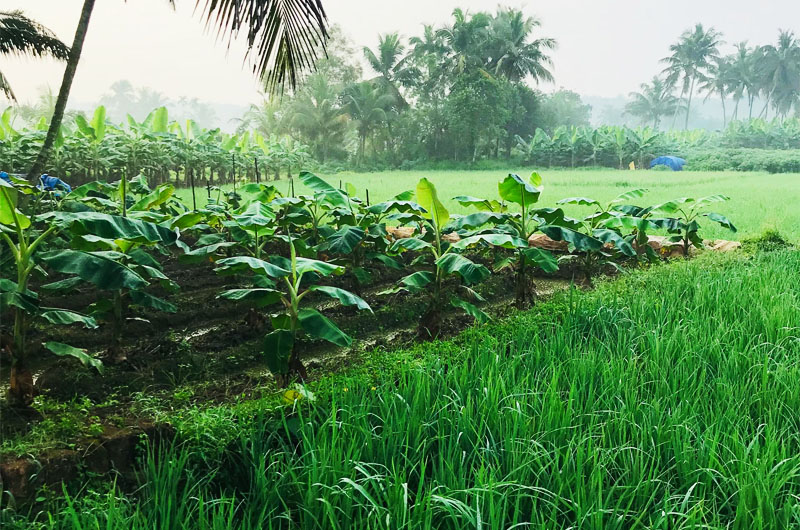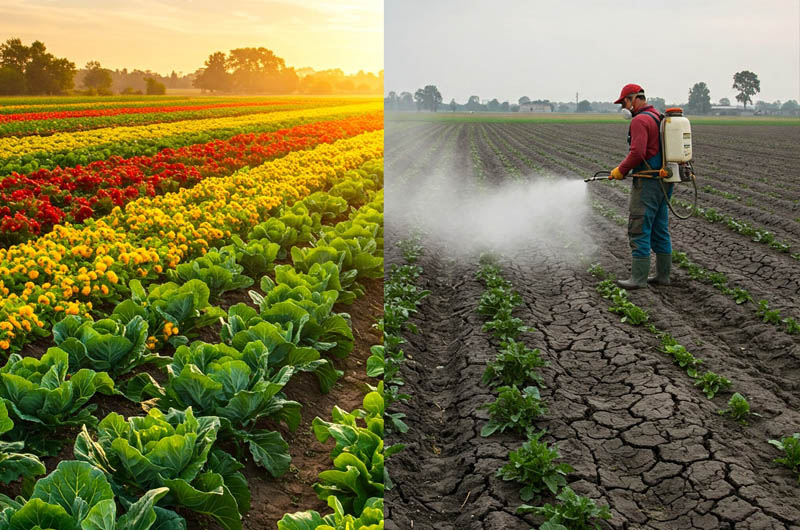The Basics of Organic Farming Explained
In an era where environmental consciousness and health awareness are paramount, organic farming has emerged as a vital and increasingly popular agricultural approach. Moving away from synthetic pesticides, herbicides, and genetically modified organisms (GMOs), organic farming embraces natural processes to cultivate healthy crops and raise livestock. This comprehensive guide will delve into the core principles, key practices, and numerous benefits of organic farming, highlighting why it’s a crucial step towards a more sustainable future for our planet and our well-being.
What is Organic Farming? Defining the Core Principles
Organic farming is more than just avoiding chemicals; it’s a holistic system that focuses on building healthy soil, promoting biodiversity, and fostering ecological balance. The International Federation of Organic Agriculture Movements (IFOAM) outlines four key principles that underpin this approach:
- Principle of Health: Organic agriculture should sustain and enhance the health of soil, plants, animals, humans, and the planet as one and indivisible.
- Principle of Ecology: Organic agriculture should be based on living ecological systems and cycles, work with them, emulate them, and help sustain them.
- Principle of Fairness: Organic agriculture should build on relationships that ensure fairness with regard to the common environment and life opportunities.3
- Principle of Care: Organic agriculture should be managed in a precautionary and responsible manner to protect the health and well-being of current and future generations and the environment.


Key Practices in Organic Farming: Nurturing Nature’s Way
Organic farmers employ a range of techniques that work in harmony with natural processes. Here are some of the core practices:
Soil Management: The Foundation of Healthy Crops
- Crop Rotation: Alternating different types of crops helps improve soil structure, fertility, and reduces pest and disease buildup.
- Cover Cropping: Planting specific crops to protect and enrich the soil between main cropping seasons.
- Composting and Manure: Utilizing decomposed organic matter to provide essential nutrients and improve soil health.
- Reduced Tillage: Minimizing soil disturbance to preserve soil structure and beneficial microorganisms.
Pest and Weed Management: Natural Solutions
- Biological Control: Introducing beneficial insects or organisms to control pests.
- Physical and Mechanical Methods: Hand weeding, mulching, and trapping pests.
- Crop Diversity: Planting a variety of crops can disrupt pest cycles.
- Natural Pesticides: Using plant-derived or mineral-based pesticides as a last resort, ensuring they meet organic standards.
Water Management: Efficient and Sustainable Use
- Implementing water-saving irrigation techniques like drip irrigation.
- Improving soil health to enhance water retention.
Animal Husbandry (Organic Livestock Farming):
- Providing animals with access to the outdoors and pasture.
- Feeding them organically grown feed.
- Prohibiting the routine use of antibiotics and growth hormones.

The Abundant Benefits of Choosing Organic Farming
Opting for organic farming yields a multitude of advantages for our planet and our well-being:
Environmental Sustainability:
- Reduces pollution of soil, water, and air by eliminating synthetic chemicals.
- Promotes biodiversity by creating healthier ecosystems.
- Contributes to climate change mitigation through carbon sequestration in healthy soils.
- Conserves water resources.
Healthier Food:
- Reduces exposure to harmful pesticide residues in food.
- Some studies suggest organic foods may have higher levels of certain nutrients and antioxidants.
- Avoids genetically modified organisms (GMOs).

Improved Soil Health:
- Builds fertile and resilient soil that can better withstand environmental stresses.
- Enhances water retention, reducing the need for excessive irrigation.
Support for Local Economies:
- Often supports smaller-scale farmers and local communities.
- Creates opportunities for sustainable rural development.
Organic farming represents a powerful and necessary shift towards a more sustainable and health-conscious agricultural system. By prioritizing ecological balance, natural processes, and the well-being of both people and the planet, organic farming offers a viable path towards a healthier future. As consumers become increasingly aware of the benefits of organic food and sustainable practices, supporting organic farmers and choosing organic products becomes an important step in cultivating a better world for generations to come.

